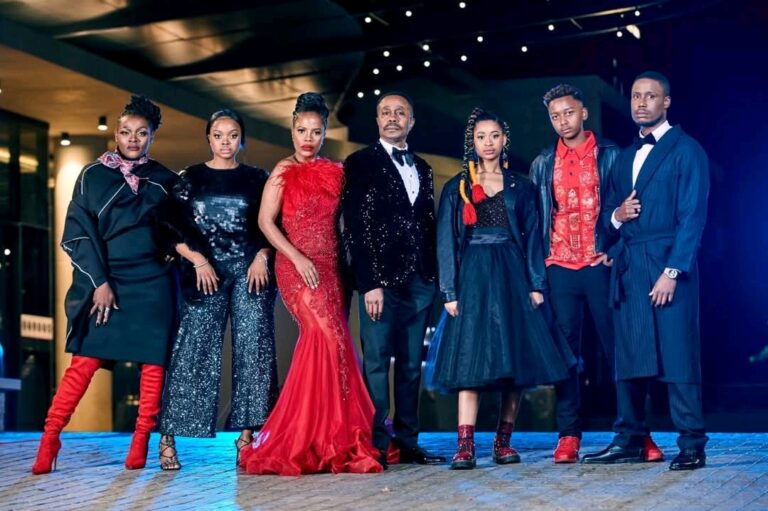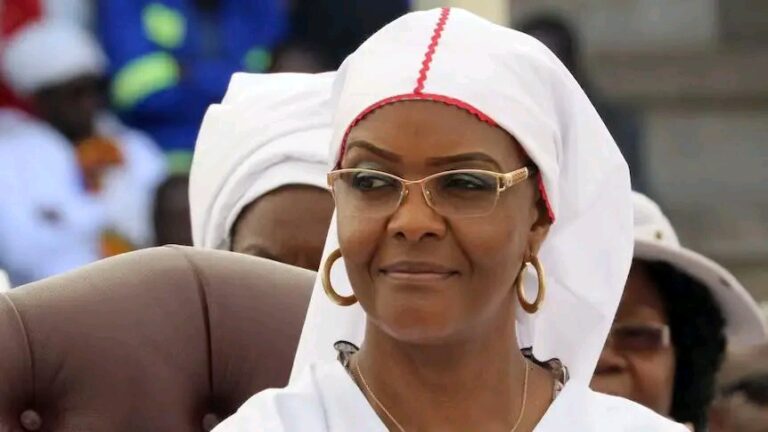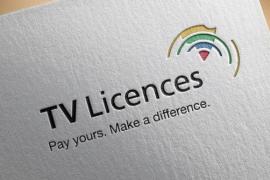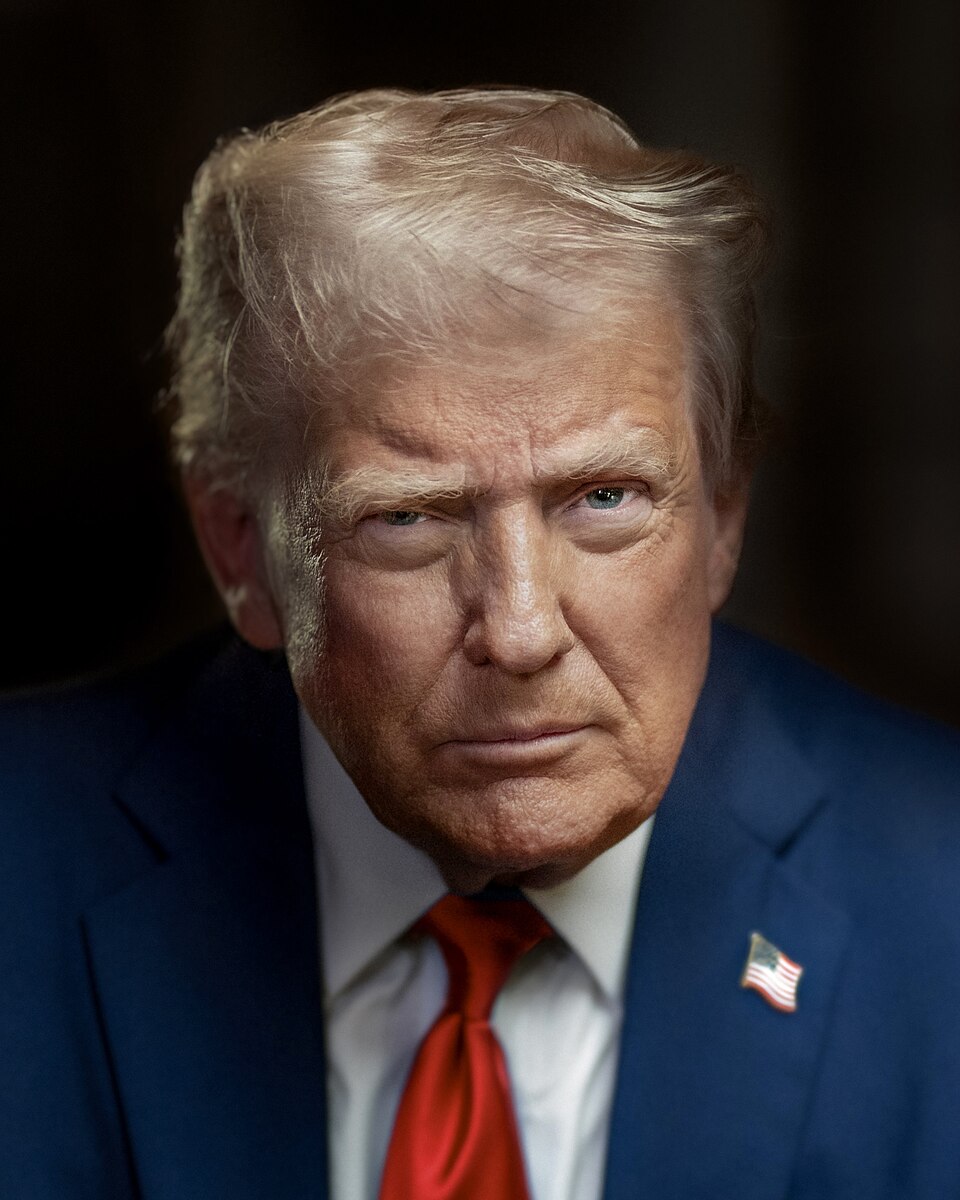
The United States has placed South Africa on its human trafficking watch list, a move that signals growing concern over the country’s ability to combat this global crime. The downgrade was announced in Washington on Monday as part of the US State Department’s annual Trafficking in Persons (TIP) report.
The report, the first issued under President Donald Trump since his return to the White House, downgraded both South Africa and Brazil—two influential BRICS nations. They now sit just above the dreaded “Tier 3” blacklist, which carries the possibility of sanctions.
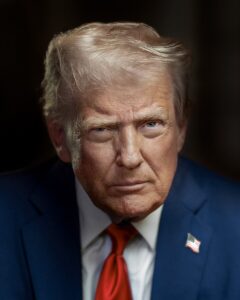
Declining Prosecutions and Victim Identification
According to the State Department, South Africa has regressed in its fight against human trafficking. The report stated that the government “identified fewer victims, investigated fewer cases and initiated fewer prosecutions” over the past year. Brazil received similar criticism, with US officials noting that it has yet to secure a single conviction under its 2016 anti-trafficking law despite widespread trafficking cases.
The downgrade does not only highlight operational failures but also suggests waning political will to tackle trafficking head-on. Human trafficking, which includes forced labor and sexual exploitation, remains one of the most pressing human rights issues globally.
Trump’s Political Agenda
While the TIP report is presented as an objective assessment, critics argue that President Trump’s foreign policy priorities strongly shape its conclusions. Trump has frequently targeted both South Africa and Brazil in his rhetoric. On South Africa, he has accused the post-apartheid government of “persecuting white farmers,” a grievance often amplified by right-wing groups.
In Brazil, Trump’s administration recently clashed with the judiciary after Jair Bolsonaro—his ideological ally—was sentenced to 27 years in prison for attempting to plot a coup. The US even imposed punitive tariffs and targeted a Brazilian judge in an unsuccessful effort to halt Bolsonaro’s prosecution.
Broader Global Context
The report also touched on other nations. China, Russia, Venezuela, and Cambodia remain on the Tier 3 blacklist, with Cambodia accused of allowing government officials to facilitate forced online labor scams. Meanwhile, Laos and Chad were downgraded due to inadequate anti-trafficking measures, while Djibouti and Turkmenistan were upgraded for showing some progress.
The Trump administration has often been accused of using human rights selectively. Officials have previously admitted that while trafficking concerns will be spotlighted against rivals, they may be downplayed when dealing with US-friendly governments. This uneven approach has fueled skepticism about whether the TIP report is primarily about justice or political leverage.
Implications for South Africa
For South Africa, the downgrade comes at a critical time. Being placed on the watch list threatens its global reputation and could discourage international investment if progress is not made. Should the country slip further to Tier 3, it risks sanctions and strained diplomatic relations with Washington.
Human rights groups have long warned that trafficking networks thrive in South Africa due to poverty, porous borders, and corruption. Without urgent reforms, critics fear the country could face not only international penalties but also an escalation in exploitation of vulnerable people.
The downgrade is a stark reminder that while economic and political battles dominate headlines, the human cost of trafficking—children, women, and men trapped in modern slavery—remains unresolved. South Africa now faces mounting pressure to demonstrate stronger action before next year’s review.

